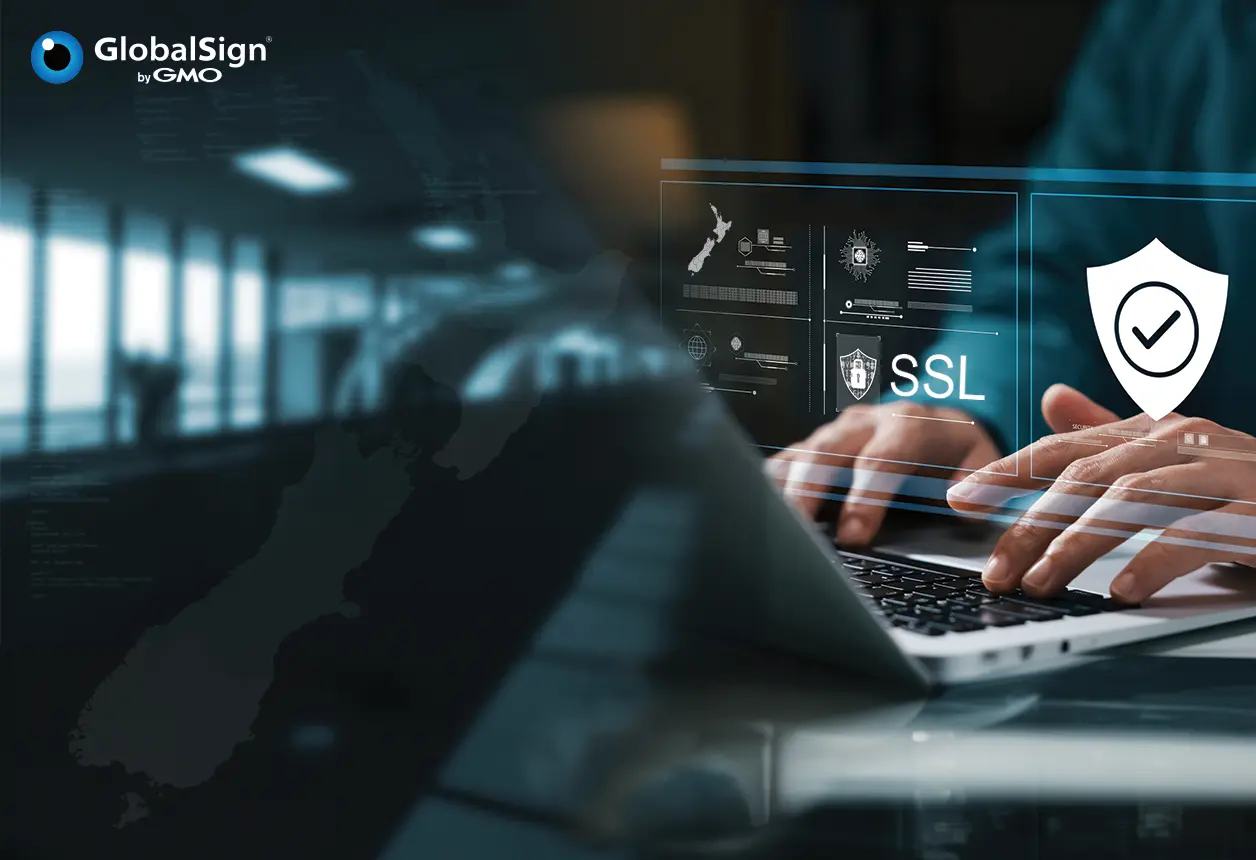Predictions aren't easy, especially in the chaotic world of cybersecurity. The threat landscape is ever-growing, all thanks to offensive and defensive technologies and nation-state attacks emerging at a fanatic pace with advanced scope and sophistication. The following post emphasizes how one can improve a company’s cyber security culture.
What is a security culture? A facet of the broader corporate culture, it encourages employees to make decisions and fulfill day-to-day duties – while adhering to the organization’s ongoing security policies. By using security best-practices, employees can mitigate cyber risks and improve compliance with even the most severe regulations. A security culture, however, is a healthy mix of knowledge and follow-through.
Why it’s essential to build a healthy security culture?
Do you know what an organization’s culture requires the most? Care and feeding on a daily basis; with security emerging as a critical issue, business owners are investing heavily in promoting a security-aware culture. Now, do you think a sustainable security culture is just a single event? Definitely not! When a security culture is sustainable, chances are it transforms security from a one-time event into a lifecycle that generates security returns forever.
What makes a sustainable security culture? It’s based on four features: It must be deliberate and disruptive. Second, it has to be engaging and fun. Third, it turns out to be rewarding. Fourth, it provides a great return on investment.
Most important of all, a sustainable security culture has to be persistent. Don’t consider it as a one-time investment - it’s embedded in everything you do.
What follows are several tips that can improve a company’s security culture:
Make security accessible
Security constraints and skill shortages are some of the biggest challenges. It’s a common, but misleading, belief that only the most senior executives should handle security. That’s not the case at all. Instead, everyone should own a company’s security solution and culture.
While this might seem difficult, it’s not impossible. All you need to do is incorporate security at the highest level of your existing environment. Moreover, keep updating software, corporate policies and make sure that security remains a non-negotiable agreement for a lifetime. This means those who have (CISO, CSO) in their titles won't be the only ones with clear access to security. Access and responsibility is from C-level execs - all the way down to individual managers.
Train employees
Many people may find cybersecurity training quite labor intensive. However, if we view cybersecurity training in the long-term, it’s not so! The good news is there’s a variety of training available - from traditional PowerPoint presentations conducted by an IT team member to more modern options. Another interesting way to foster a security-centric culture is by conducting role-playing games. For example, let employees review security-related cases and decide how to solve specific problems in alignment with your company’s security policy. Using this approach makes learning in a fun, yet practical way to follow security policy - without posing any risk to the organization.
Secure executive support
There is no harm in seeking executive support to create a successful cyber culture. This eventually helps boost profitability to a great extent. In addition, when building support – try to set realistic expectations.
Ask employees to report incidents
Communication is key to success. A company is more like a community of employees that ends up being socially responsible. Here, management should encourage employees to report not just full-fledged incidents, but even the smallest suspicious activities encountered throughout the day. By getting employees on board with reporting, you’ll increase the rate of spotting cybersecurity issues – and hopefully reduce the chance of serious incidents.
Building a strong security culture takes work. As the old expression goes: “Slow and steady always wins the race”. –This means you must continuously promote cybersecurity awareness. Approach information security with the same level of engagement and responsibility as you would with financial and other corporate risks.
Final thoughts
Incorporating an effective security culture can positively change how an organization approaches it. Keep in mind that change takes time, so expecting employees to become pen-testing Ninjas or experts who can write secure code while they sleep is a waste of time. But with the right process and attitude, you’ll eventually get there.
So it’s time to brush up your defense skills that embrace and reward the adoption of good cyber security behavior.
What kind of security culture do you have? Have your say in the comment section below.
Author Bio:
Vikash Kumar Chaudhary works as a Manager at Tatvasoft.com, a software development and web development company. He likes to share different articles on cyber culture and more.







